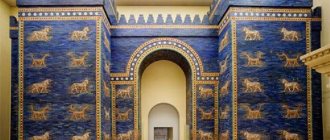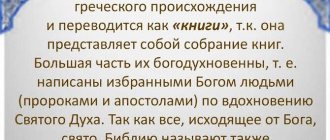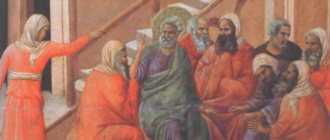Traditions and customs of May 14th
The foreign name of the prophet underwent a transformation in the folk calendar: words were chosen for it based on the principle of phonetic similarity and consonance. Among the Eastern Slavs, Jeremiah (in Russian publicity Eremey, Erem, Belarusian - Yarema) was associated with the words “rage”, “spring”, “yoke”, which is why they began to consider the saint as the patron of field work, as well as animals involved in their process. This rapprochement was also influenced by an episode from the life of the saint, where he walked around Jerusalem with a yoke around his neck.
On Eremey - the third and last meeting of spring, the flyby. Some sayings are associated with this date:
Eremey-harnesser, lift up the basket with seeds.
Eremey, Eremey, think about the crops.
A day earlier you sow, a week earlier you will harvest.
At this time, the peasants continued to sow, because there were rarely years when it was impossible to go to the field in Yerema to continue sowing. In the old days, peasants went to church on this day in the morning, served a prayer service to Saint Jeremiah, and then went to sow. Going out into the field, the sowers bowed and prayed on three sides (except for the north), threw a handful of rye on each side, and then sowed. Men sowed rye, and women sowed oats, spring crops and peas.
Around this time, the roach spawns. The timing of sowing was also determined depending on the behavior of the fish. If during spawning the roaches stay together for only four days and then disperse, then you need to sow earlier. If the fish stay together for a week or more during the spawning period, then it is better to sow later.
Gospel of the day February 14, 2022 Monday
But you,” he says, “beware, for you will be handed over to the courts.” In good time he introduces a speech about them that they will be handed over to the courts, this is so that from common disasters they receive some consolation in their own troubles. But when the Lord said: “They will put you before rulers and kings for My sake,” then with these words He gave considerable consolation to the disciples, precisely in the fact that they would suffer for His sake. “For testimony before them,” that is, in order to be unrequited to them and see their condemnation in the very fact that, torturing you, they cannot overcome the truth. And so that the disciples do not think that troubles and sorrows will hinder the preaching of the Gospel, the Lord says that “the Gospel must first be preached to all nations,” and then Jerusalem will be abandoned to desolation. And that the Gospel was actually preached everywhere even before the destruction of Jerusalem, listen Paul: “their voice went through all the earth, and their words to the ends of the world” (Rom. 10:18). And this circumstance served to further condemn the Jews, that is, the preaching spread everywhere even before the destruction of Jerusalem. For, seeing that this preaching spread throughout the whole world in a short time, they had to recognize the power of God in this, repent and thus get rid of disasters. But they did not come to their senses; therefore they will be condemned the more.
Mark 13:11. When they lead you to betray you, do not worry in advance what to say to you, and do not think about it; But whatever is given to you in that hour, then speak, for it is not you who will speak, but the Holy Spirit. Mark 13:12. Brother will betray brother to death, and father will betray his children; and the children will rise up against their parents and kill them. Mark 13:13. And you will be hated by everyone because of My name; he who endures to the end will be saved.
Indeed, before the decisive battle between the Romans and the Jews began, what did the apostles not suffer from them, being handed over to the judgment seat and taken to the kings: Herod, Agrippa and Nero? But you,” he says, “do not worry in advance what you will answer: at that very hour the Holy Spirit will give you what you will have to say. At the same time, he also predicts for them what is worst of all, namely, that they will be persecuted by their own family. He says this so that they, having heard about this in advance, prepare for misfortunes and subsequently can easily endure them. Next comes the consolation: for my sake,” he says, “you will be hated.” This is the greatest relief in misfortune. Great consolation also lies in the fact that he who endures to the end will be saved.









